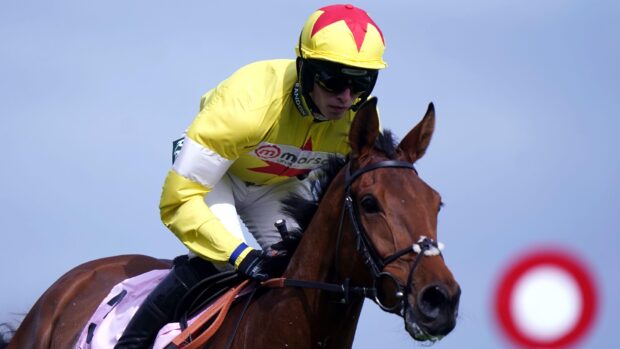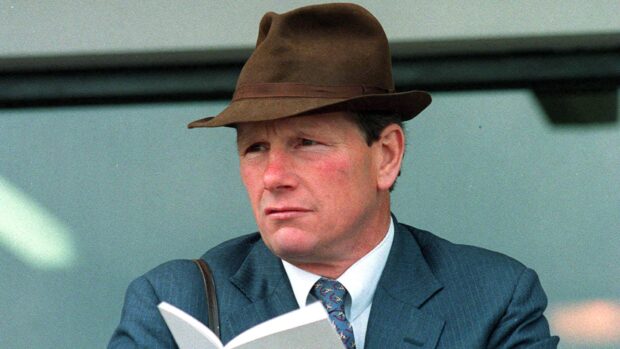The Jockey Club has reaffirmed its position regarding transparency in bloodstock transactions and has called a summit of major industry organisations, following recent newspaper reports of possible malpractice.
Executive director of the Jockey Club, Christopher Foster, explained: “In this day and age, all deals should be transparent. Football has had to tackle the question of transfer deals and the role agents play, and now the bloodstock industry needs to take a close look at its agency arrangements.”
Recent newspaper claims involving bloodstock agent Charlie Gordon-Watson and trainer David Elsworth arose from a civil case, heard last month, centring on the proposed sale in October 2001 of smart filly Foodbroker Fancy.
Foodbrokers Ltd., who owned the filly, were due to pay 5% of the proposed sale price as commission to Elsworth, but the company’s legal representatives explained that their clients were not aware of a further £10,000 payment the trainer was due to receive from Gordon-Watson.
Judge Michael Dean QC condemned the details of the proposed sale as “illegal”, casting a shadow over an industry riddled with the potential for corruption, and leading to immediate calls for a meeting of representatives from the Racehorse Owners Association, the Federation of Bloodstock Agents, the National Trainers’ Federation and the Thoroughbred Breeders’ Association as well as representatives from all of the main equine sales companies.
At present, the Jockey Club has no jurisdiction over the bloodstock industry, but Foster said that the aim of the summit would be to “discuss how to increase transparency in sales transactions”.
He continued: “Allegations of malpractice in areas which relate to racing, can reflect poorly on the sport itself.”
The Jockey Club is looking further into the matter involving Charlie Gordon-Watson and David Elsworth, and it has been increasingly concerned about the transparency of the industry since March 2000, when trainers Oliver Sherwood and Paul Webber were found guilty of colluding in bidding on a horse at Doncaster sales.
The summit into transparency in the bloodstock industry, which comes in the aftermath of remarks made by Judge Michael Dean QC about “bribery” and “secret profits”, is likely to be chaired by Sir Michael Connell, a High Court Judge and deputy senior steward of the Jockey Club.



